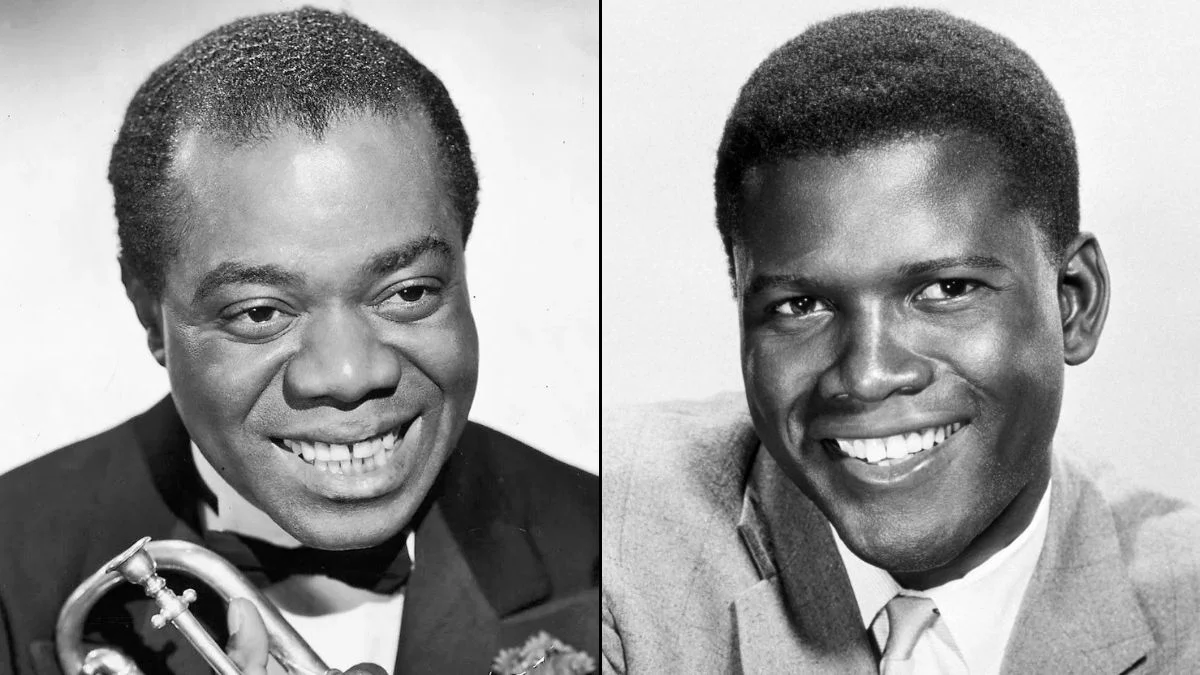
Numerous iconic Black performers and leaders started their careers so young that they didn’t have the chance to finish high school. Growing up, many faced hardship, moved frequently, and worked full-time, meaning stages and studios became their classrooms. Although they lacked traditional schooling, they developed valuable skills through mentorships, church involvement, and performing on the road. Their experiences demonstrate that success can be achieved through many different paths, and often with the support of strong communities and alternative learning environments.
Josephine Baker
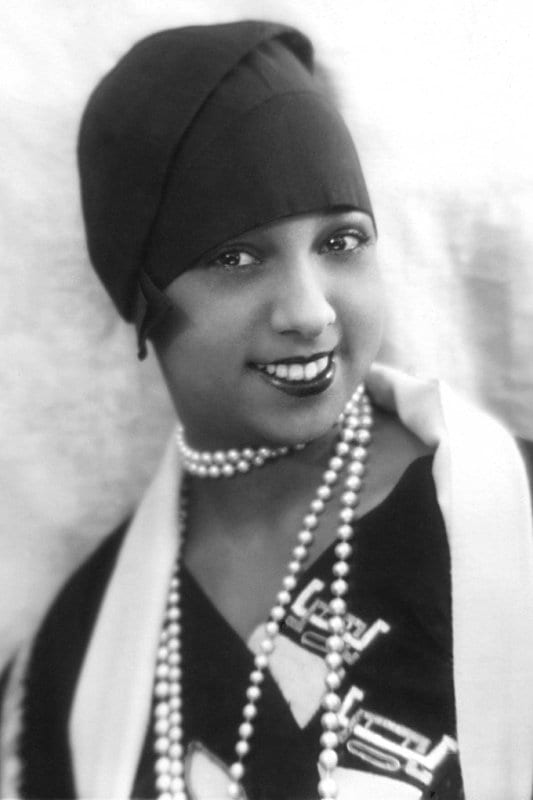
I’ve always been fascinated by her story. She grew up in St. Louis and was a performer from a really young age – she left school around twelve to join a dance group. As a teenager, she worked in vaudeville and as a chorus dancer, which gave her a reliable income and the chance to travel. Then she moved to Paris, and that’s where things really took off! Performing at the Folies Bergère launched her career internationally. Basically, she traded a typical high school experience for a life on stage, and she never looked back.
Billie Holiday
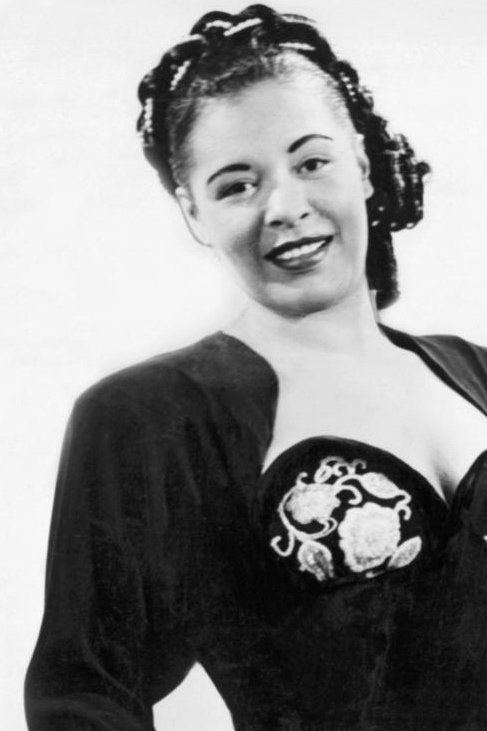
Growing up in Baltimore and New York wasn’t easy, and she stopped going to school before her teenage years were over. She started singing in Harlem clubs as a young teen to support herself. Instead of continuing her education, she learned about music by performing in clubs and recording songs. By the time she was of high school age, she was already playing with some of the best jazz bands around.
Louis Armstrong
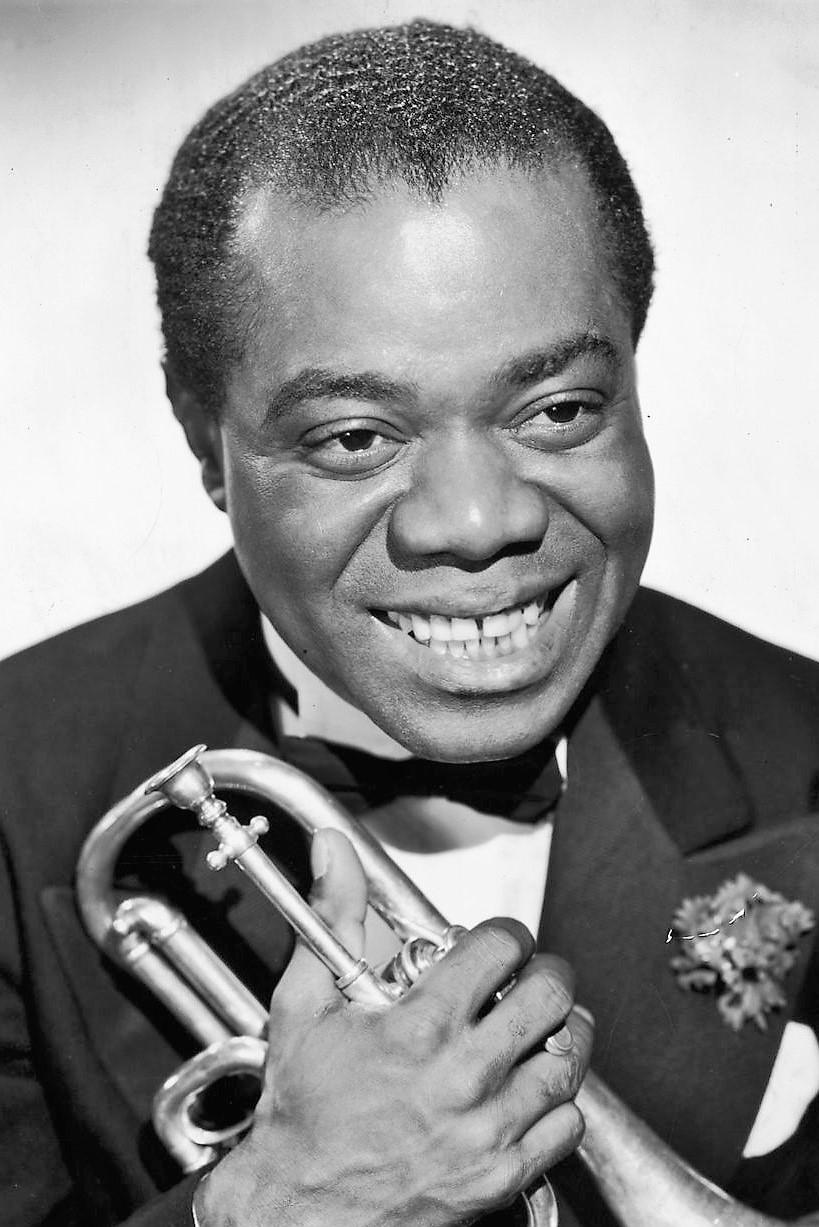
Growing up in New Orleans, he started working in his early teens to help his family. He learned to play the cornet at a boys home, participating in their band program. He honed his skills through guidance from experienced musicians and by playing gigs constantly. Instead of traditional schooling, his musical education came from playing with riverboat bands and on recording sessions.
Mahalia Jackson
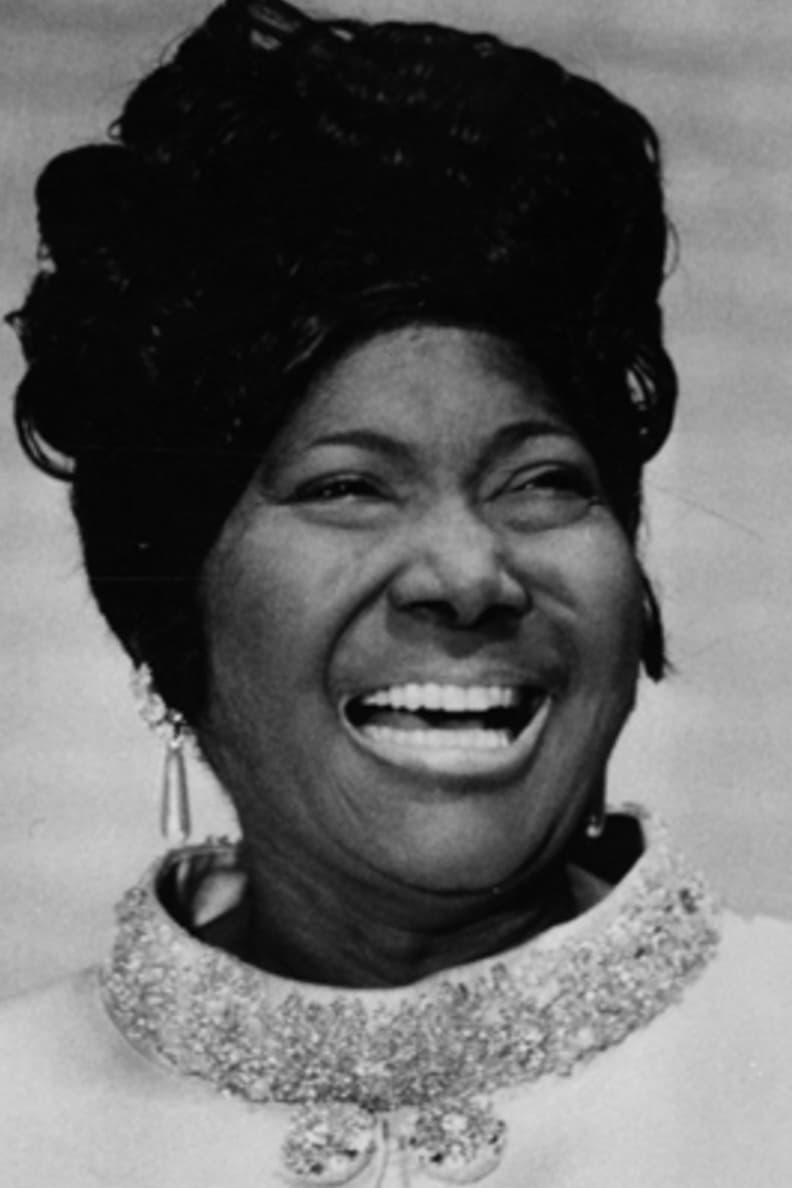
She grew up in New Orleans, finishing elementary school before dedicating herself to singing in church and helping around the house. During her teenage years, she traveled with gospel groups, practicing and performing almost every night. Instead of attending regular high school, she learned from choir directors and musicians within the church community.
James Brown
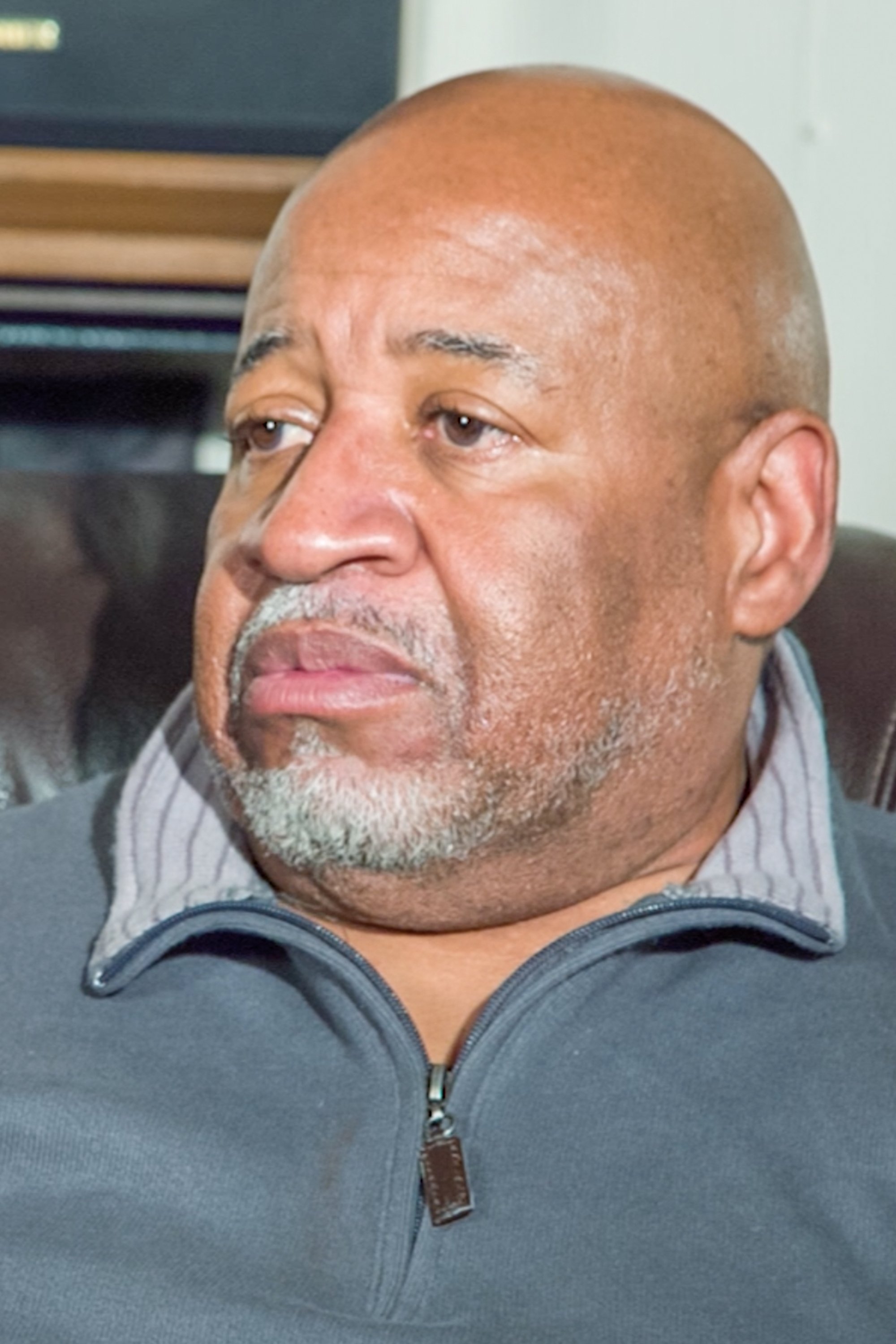
He grew up poor in the South and had to leave school as a young teenager to help support his family, taking on whatever work he could find. While in a youth detention center, he discovered his love for music and learned to sing and play instruments. After leaving, he honed his skills by performing with local bands and practicing constantly. Instead of a traditional education, his musical training came from real-world experience – rehearsals and gigs at local clubs.
Fats Domino
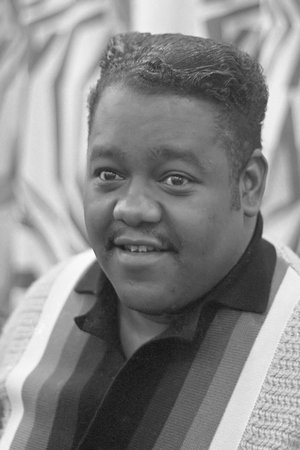
He finished primary school and then worked a variety of jobs, playing piano at local events. His impressive left-hand technique caught the attention of bandleaders, leading to gigs in clubs. He started recording music as a teenager, and soon a full-time career of performing and touring took the place of further education.
Lead Belly
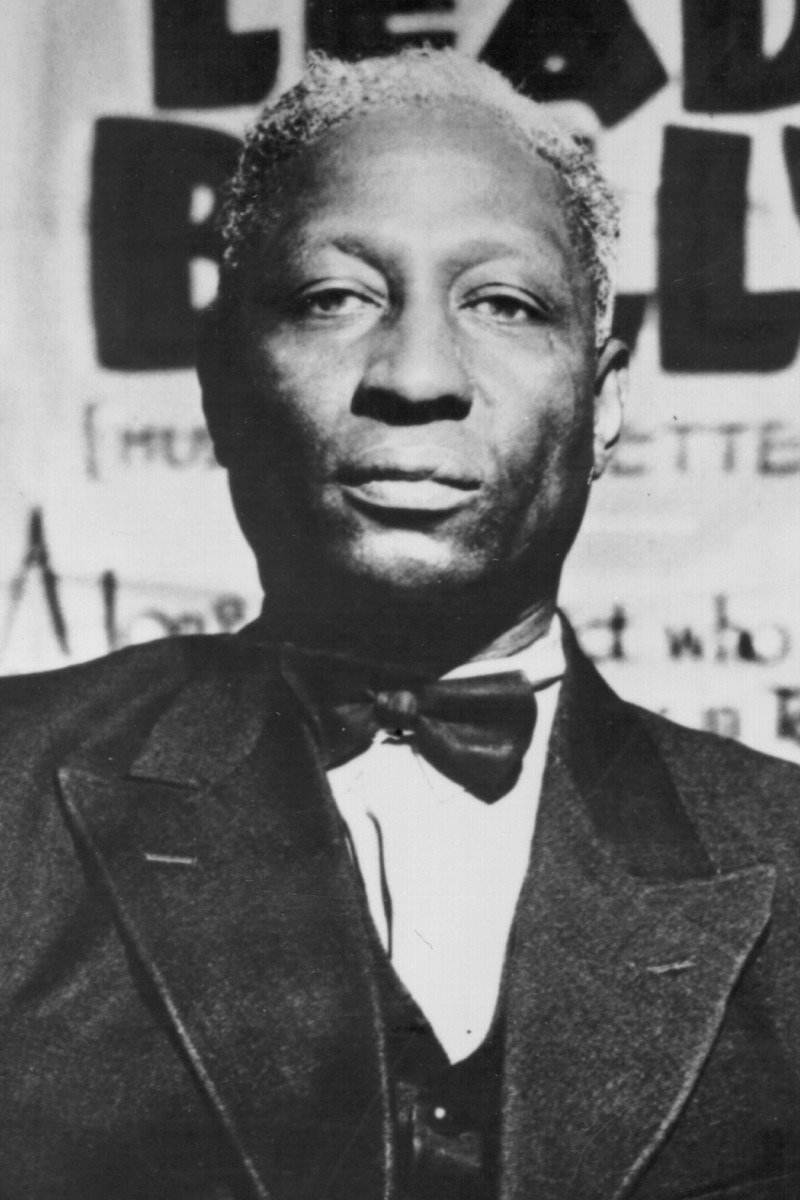
Growing up in Louisiana and Texas, he didn’t have much formal education and began working at a young age. He picked up guitar skills from fellow musicians and at local dances. He learned songs – folk tunes, blues, and spirituals – by listening and learning from others in his community. He never attended high school.
Muddy Waters
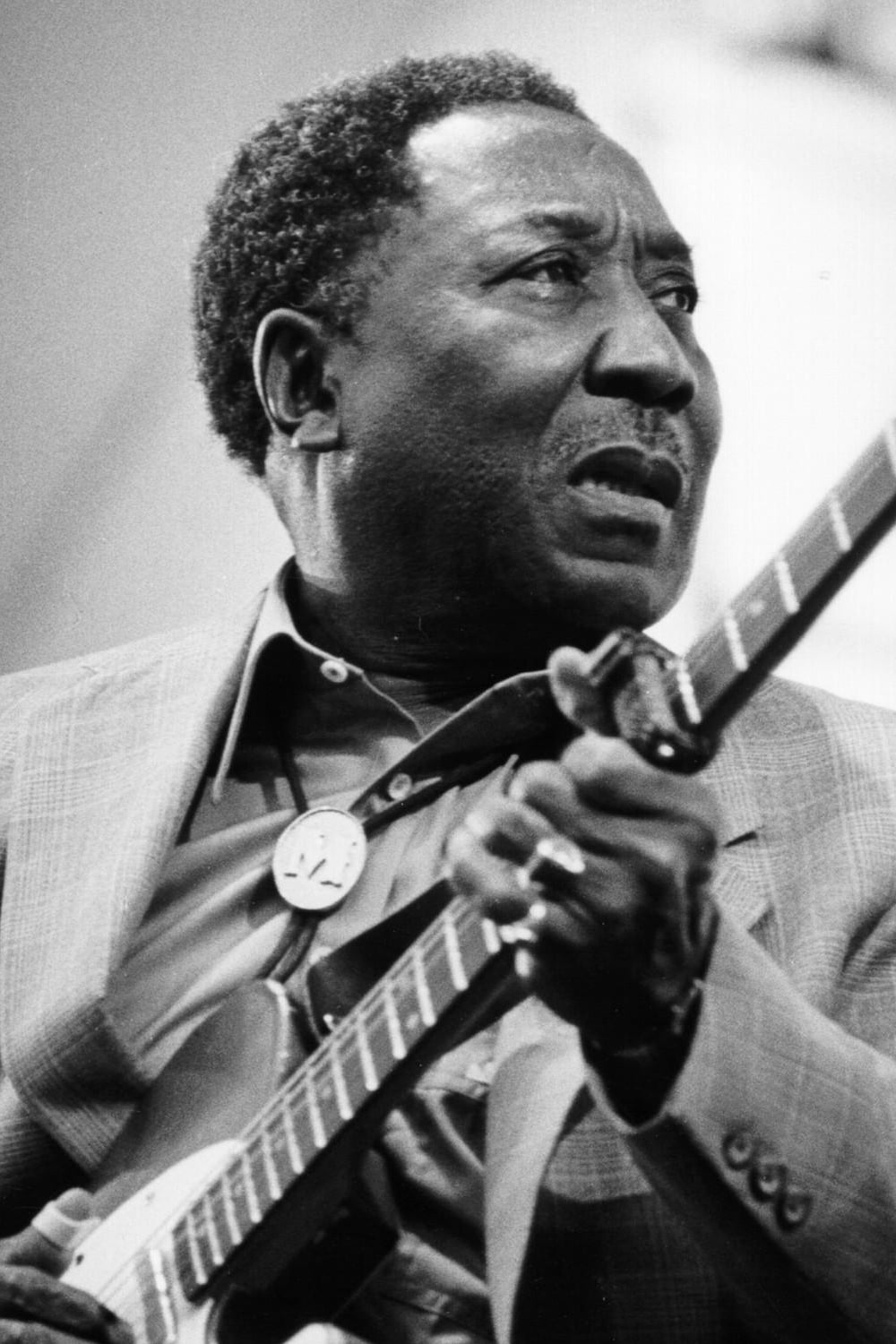
Growing up on a Mississippi plantation, he received only a basic education before needing to work on the farm. He taught himself guitar by learning from local musicians and listening to music in juke joints. His talent was discovered through field recordings, which led him to move to Chicago. There, playing in clubs and leading bands became his primary way of learning and developing as a musician.
Sidney Poitier
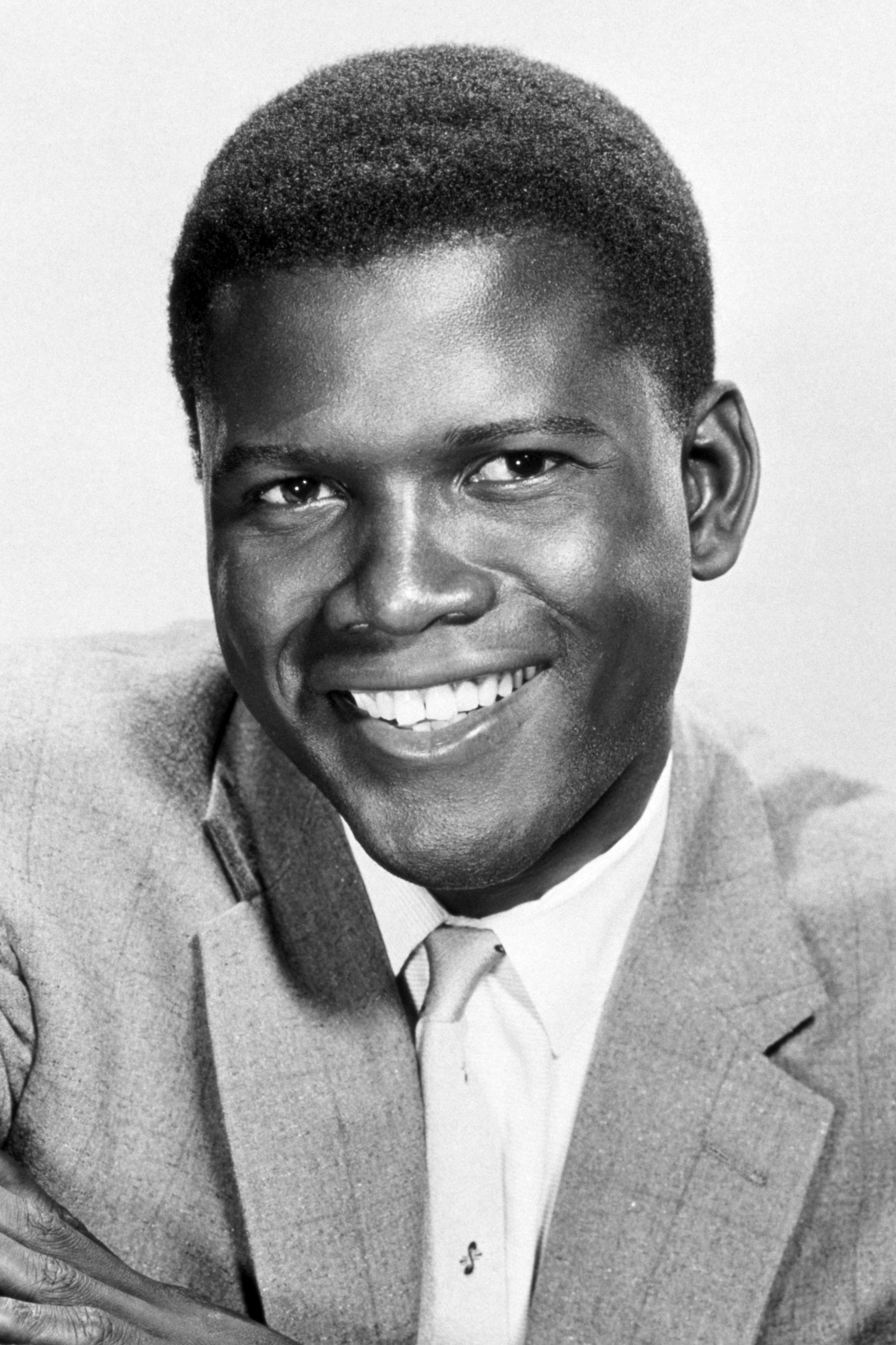
He spent his childhood in the Bahamas, leaving school as a young teenager. He then moved to Miami and eventually New York City, where he worked various jobs. He taught himself to read better using newspapers and radio scripts. A chance audition sparked a passion for acting, and he received training through different theater groups. Instead of finishing school, he gained experience by rehearsing on stage and working on film sets.
Moms Mabley
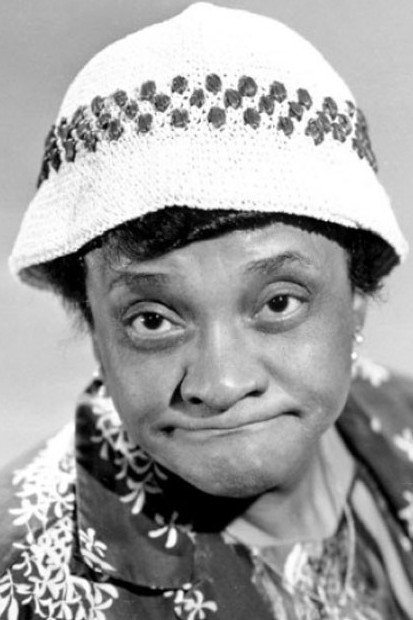
She started performing as a teenager, joining traveling minstrel and vaudeville shows. These companies gave her valuable stage experience and comedy lessons from seasoned professionals. Working in clubs that constantly needed fresh material helped her develop her own unique act. Because of this career path, she never attended a traditional high school.
Bessie Smith
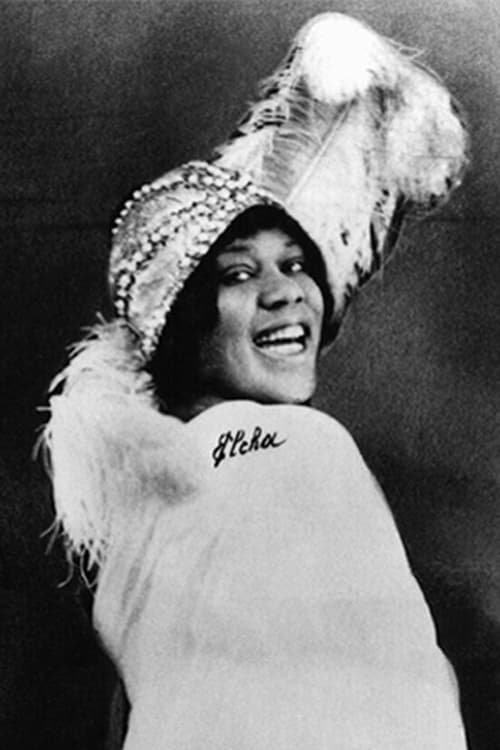
Growing up orphaned in Chattanooga, she performed on the streets for money instead of going to high school. When she was in her early teens, a touring performance group discovered her talent. Constant travel with the group helped her develop her singing and performance skills. She signed recording contracts before she ever had the opportunity to finish school.
Sister Rosetta Tharpe
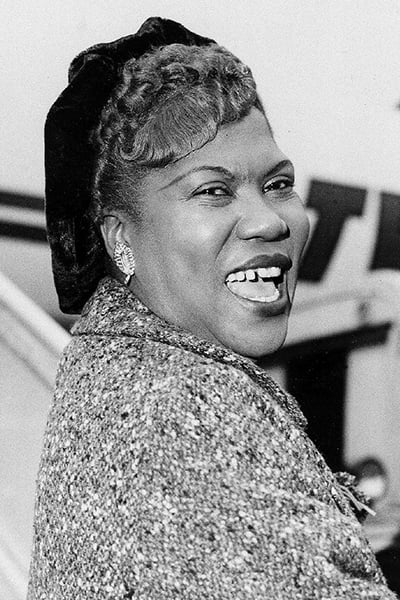
From a young age, she started performing in church, and quickly began touring with her mother. By the time she was a teenager, she was a prominent guitarist and singer, playing at both religious revivals and theaters. Her days were filled with practices, playing in church bands, and recording in studios, which meant she didn’t attend traditional high school.
Read More
- 39th Developer Notes: 2.5th Anniversary Update
- Gold Rate Forecast
- The Hidden Treasure in AI Stocks: Alphabet
- Here’s Whats Inside the Nearly $1 Million Golden Globes Gift Bag
- The Labyrinth of JBND: Peterson’s $32M Gambit
- The 35 Most Underrated Actresses Today, Ranked
- If the Stock Market Crashes in 2026, There’s 1 Vanguard ETF I’ll Be Stocking Up On
- 20 Must-See European Movies That Will Leave You Breathless
- ‘Bugonia’ Tops Peacock’s Top 10 Most-Watched Movies List This Week Once Again
- XRP’s 2.67B Drama: Buyers vs. Bears 🐻💸
2025-11-17 09:15